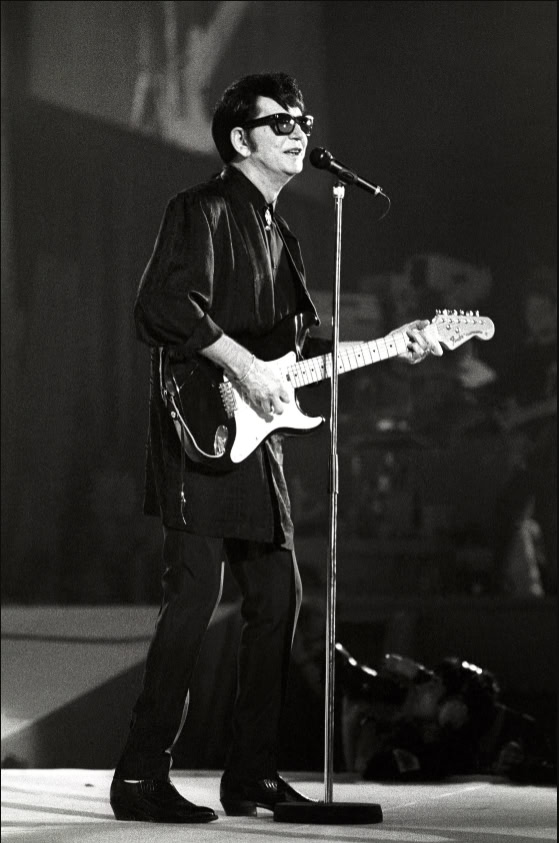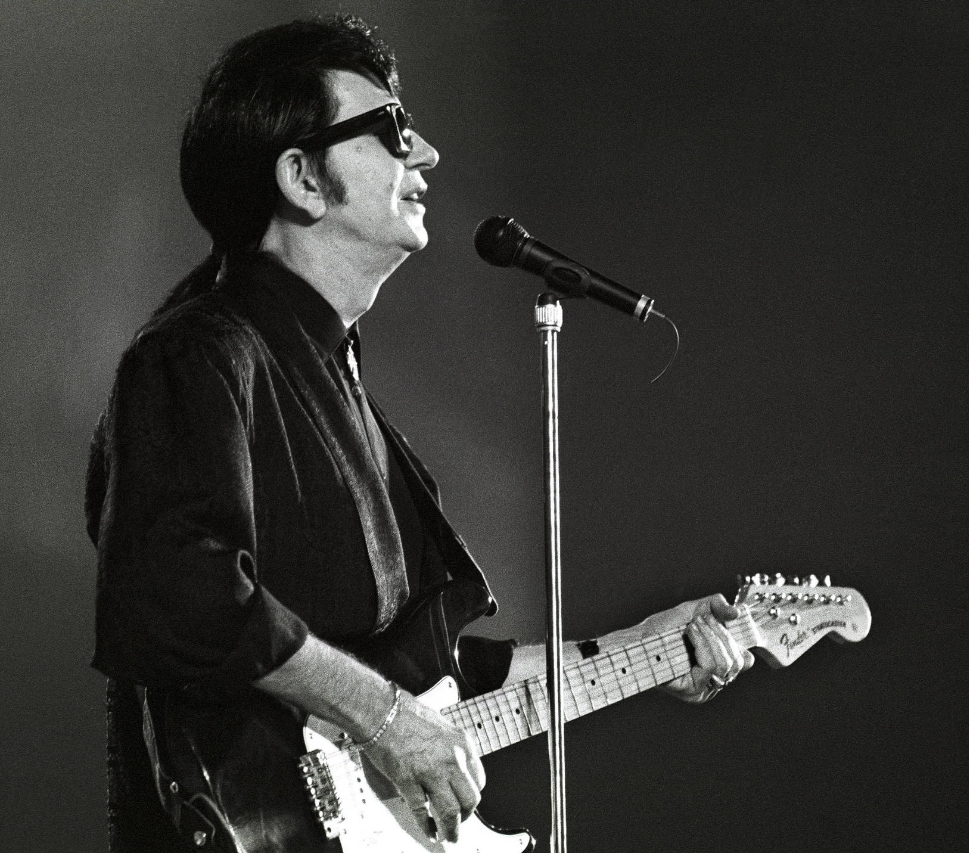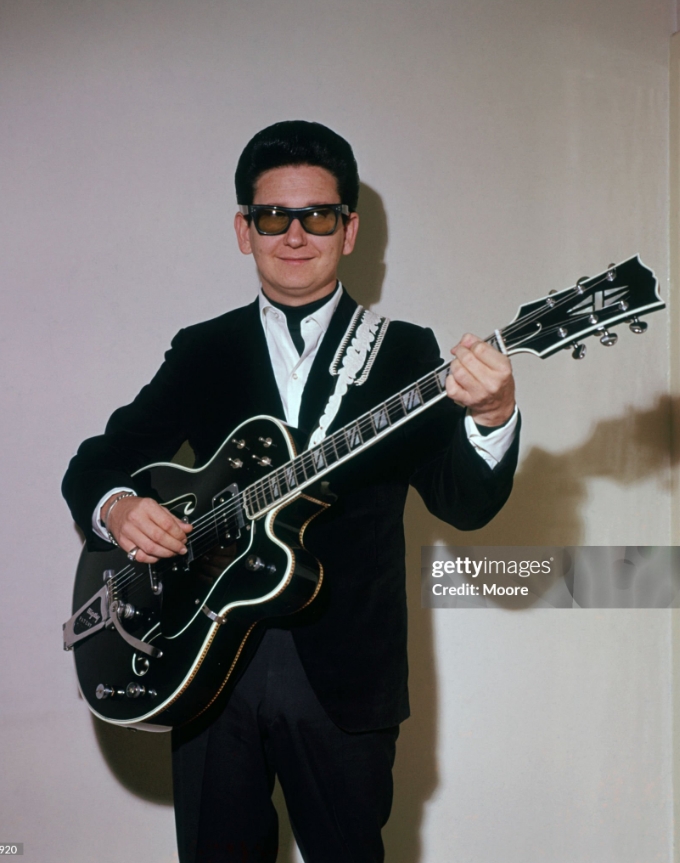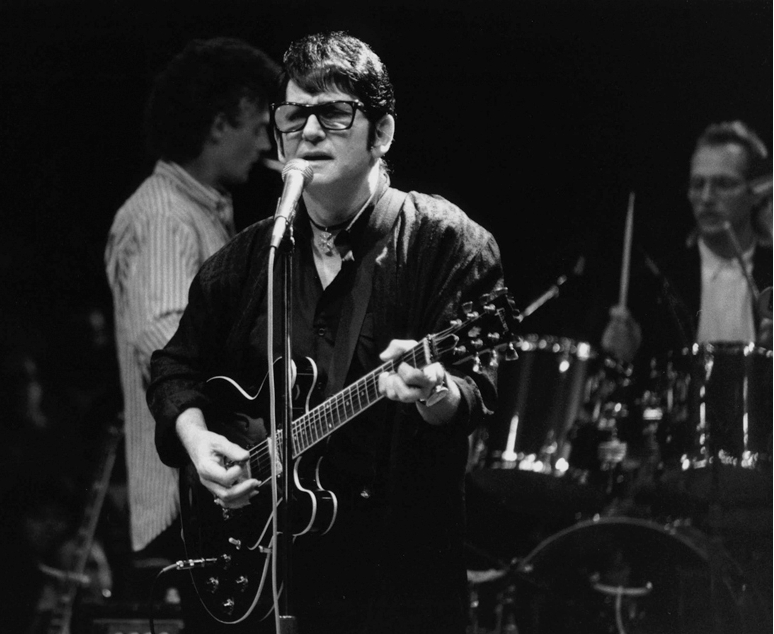
Roy Orbison – In Dreams (Black & White Night 30)
Roy Orbison’s ethereal masterpiece "In Dreams," a track from his 1959 album In Dreams, solidified the singer’s iconic status and remains one of the most celebrated and enduring songs in rock and roll history. More than just a love song, "In Dreams" resonates with a timeless vulnerability, capturing the bittersweet essence of longing and the fragility of human connection. Released during the burgeoning rock and roll era, the track quickly transcended its genre and is often cited as a precursor to the poignant and dreamlike soundscapes of artists like Simon & Garfunkel and later artists exploring introspective and emotional rock.
The song’s distinctive instrumentation and Orbison’s unique vocal delivery are integral to its mesmerizing ambiance. The signature falsetto vocals of Orbison, layered with a blend of acoustic guitars, a delicate piano, and the subtle echo effect, create a hypnotic and almost dreamlike quality. The melancholic melody, the gentle strumming, and Orbison’s heartfelt delivery craft a poignant narrative about a lost love and the aching pain of separation. Musically, the song’s structure builds gradually, creating a feeling of suspension and mystery before culminating into a powerful emotional climax, leaving the listener pondering the lyrics’ meaning and the implied narrative.
The song’s lyrical content paints a picture of a fleeting relationship and the subsequent longing. Simple yet profound, the lyrics express a poignant longing for a connection that might just be a dream. The words echo the universal human experience, exploring the bittersweet and often contradictory nature of love, loss, and the passage of time. The ambiguity in the lyrics adds to the song’s enduring appeal, allowing listeners to connect with their own experiences and emotions.
"In Dreams" achieved significant commercial success, reaching a high position on the US Billboard charts, but the impact of the song went far beyond the confines of the music charts. It became an instant and lasting cultural phenomenon, its influence stretching across the spectrum of music genres. It exemplified a new level of intensity and emotionality in pop music and popular culture. Ultimately, the song’s success was fueled by Orbison’s profound vocal delivery, impeccable musicianship of those involved in the recording and the overall emotional resonance that permeated its message.
The track’s impact on the music industry and its lasting legacy are undeniable. It paved the way for a new wave of introspective and emotionally driven music, influencing countless artists across different genres. Its melodic structure and the sheer impact of the melody and vocals have made it a cornerstone of rock and roll history, and its status as a beloved classic has further solidified its importance across different cultural generations.
Crucially, "In Dreams" was not just a commercial success but a critical triumph, earning widespread praise for its originality and emotional depth. Its influence extended well beyond the confines of rock music, with numerous artists citing it as a significant inspiration. This cultural penetration was solidified in later years, cementing its place as a timeless anthem. However, despite its widespread recognition and enduring appeal, Roy Orbison’s "In Dreams" never garnered a Grammy Award. This is a noteworthy omission, given the song’s historical significance and enduring popularity, and is something that has often been discussed among Orbison’s fans. In the end, the lack of a Grammy Award in no way diminishes the song’s influential standing within music. The song’s universal appeal and continued resonance over decades clearly demonstrate its prominent position in the pantheon of iconic rock and pop songs.
Video
Lyrics
updating



